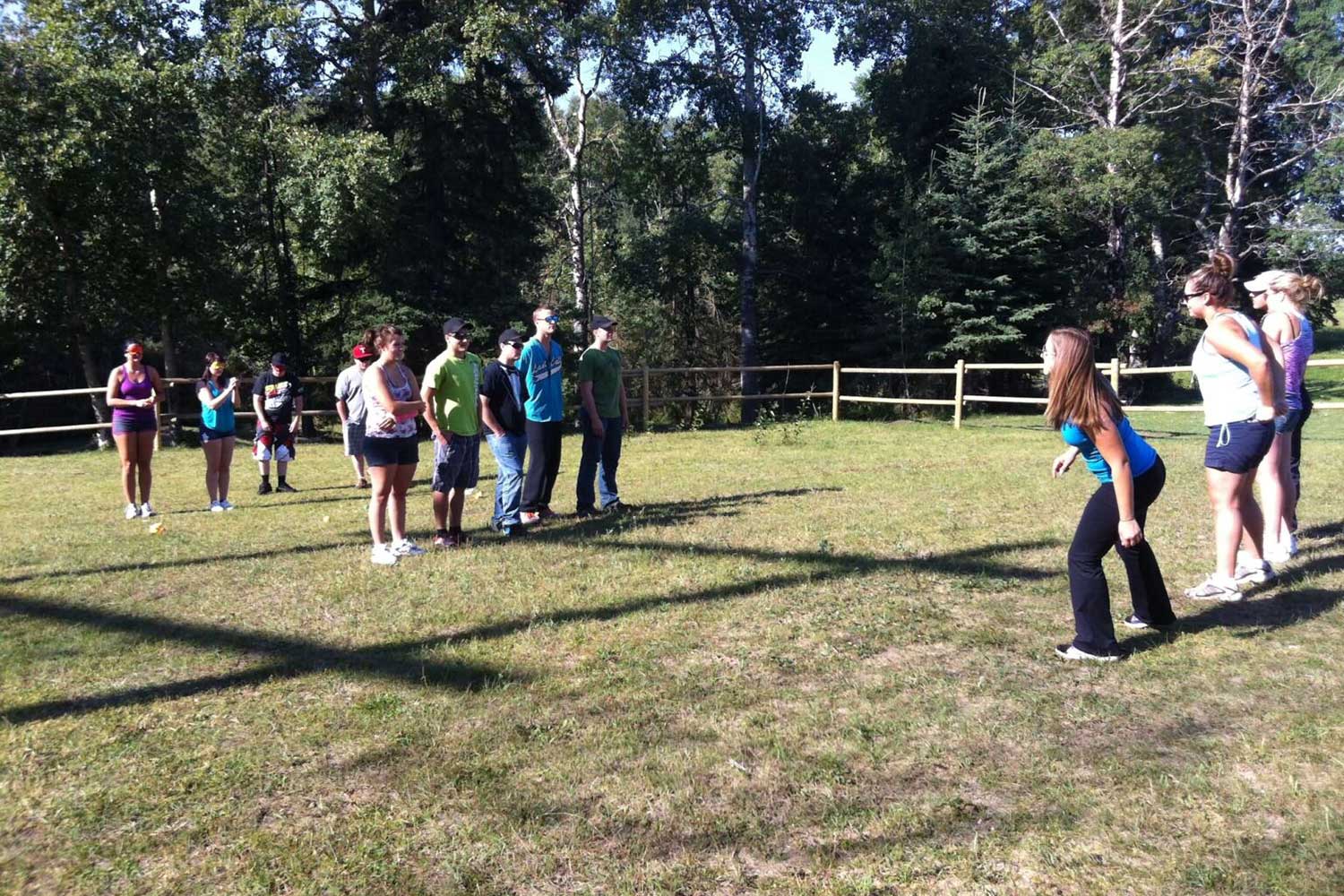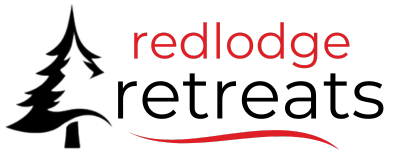Team Resilience in the Great Outdoors

Team resilience – what does team resilience have to do with outdoor experiential learning?
And what do we mean when we talk about resilience? Resilient people can adapt quickly to changes, change direction rapidly and bounce back from setbacks.
For many years wilderness experiences have been used to help people develop greater resilience, mainly in the context of avoiding delinquency, behavioral problems, psychological maladjustment and academic difficulties – especially for adolescents.
Not surprisingly, the same kinds of wilderness experiences used to help troubled kids can have a positive impact on all of us, helping us develop useful traits and skills for life and work. These include:
- higher self-esteem
- enhanced problem-solving abilities
- greater self-confidence
- improved communication
- better social skills
- ability to set realistic goals
I’m sure you’d agree these are all things we would like to see at work. At work, resilient workers can keep their heads above water and respond quickly to customers’ demands. They act quickly when there’s a crisis.
One researcher, Salvatore Maddi, puts resilience down to what he refers to as the three Cs of hardiness: commitment to what they were doing, enthusiasm for challenge, and a sense of control over their lives. His research showed by struggling to have influence, rather than remaining passive, people kept learning from their experiences – regardless of whether these experiences were positive or negative. As people learn to do better, they discover they can do better.
One interesting thing about resilience is it’s something we all have the potential to learn. Think about someone who wants to skydive. First they learn to fall into a pile of sand. Then they jump from a platform, then from a tower – gradually building up to the day when they are ready to jump from a plane. Each stage gives them a greater sense of confidence and moves them a little further along the way to mastery.
And there are other benefits of resilience in the working environment.
Maddi and his colleagues found:
- resilient people “get sick less often and use fewer health benefits than less hardy colleagues
- they tend to be less prone to burnout, stress, and other pitfalls of the workaday world.
- they have key traits and abilities valued at work:
-
- risk-judgment
- capacity for risk-taking
- emotional self-management
- problem identification and analysis
- physical and social problem solving
- psychological hardiness
- goal focus
- resilient motivational sets
- optimism
- capacity to learn from failure and feedback from the environment
It’s clear resilience is something to be valued.
Outdoor experiential experiences often last days, months, or even years. They vary considerably in scope, danger and accessibility. We are not all able to climb Mt Everest or trek to the North Pole. We may not even be able to spend a week in a tent in the bush. But through smaller scale outdoor team building experiences we can still reap the benefits, and by developing resilience, we are likely to find ourselves operating more effectively both at work and at home.
Red Lodge Ropes Course, a division of NexLevel Challenge, works with businesses that share our mindset, philosophy, and values of Connection, Fun & Excellence. Our powerful experiential training programs create high performance teams.
Give us a call 1.866.840.2840, pop us an email or visit our website Red Lodge Ropes Course.
